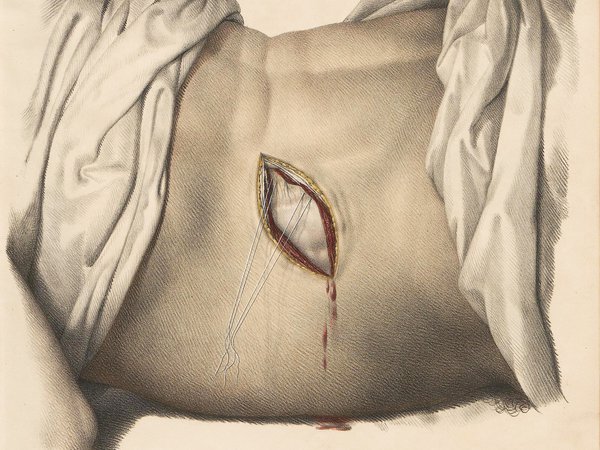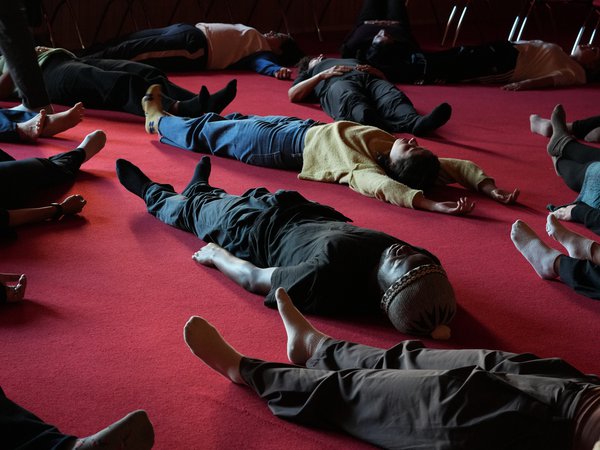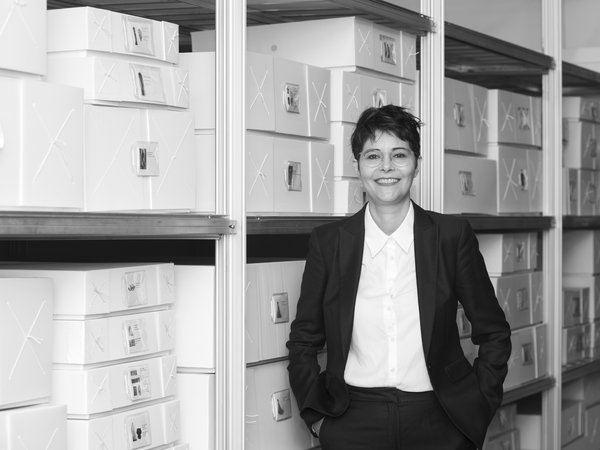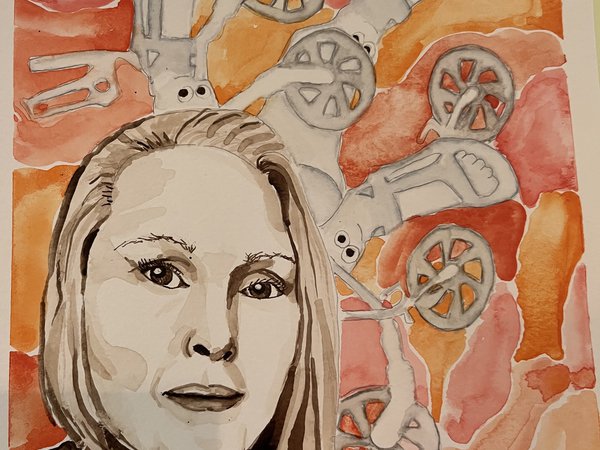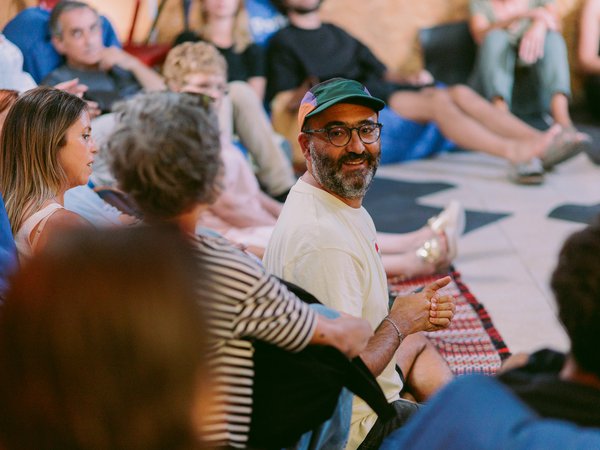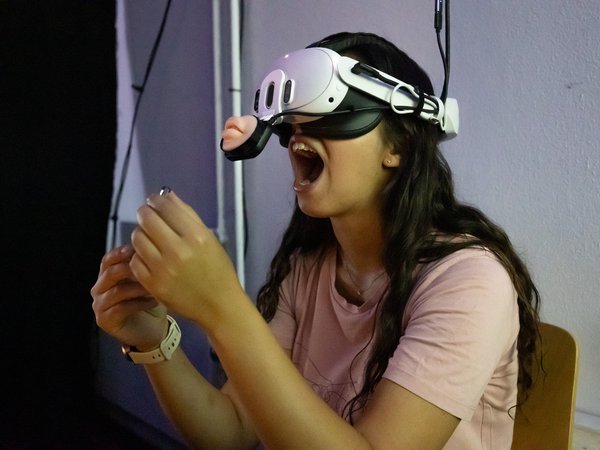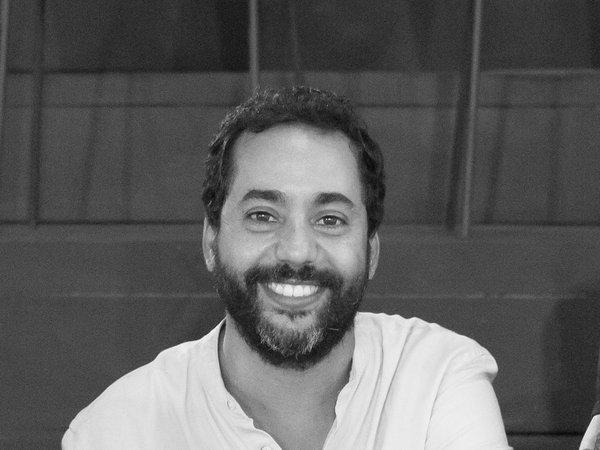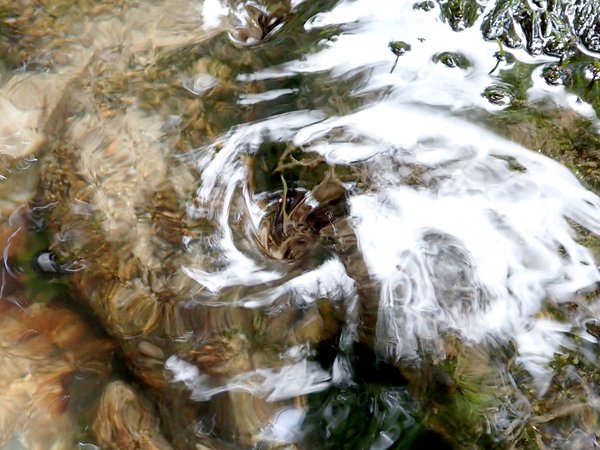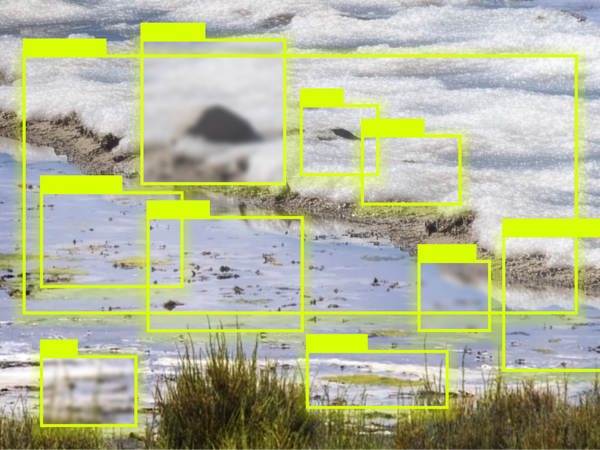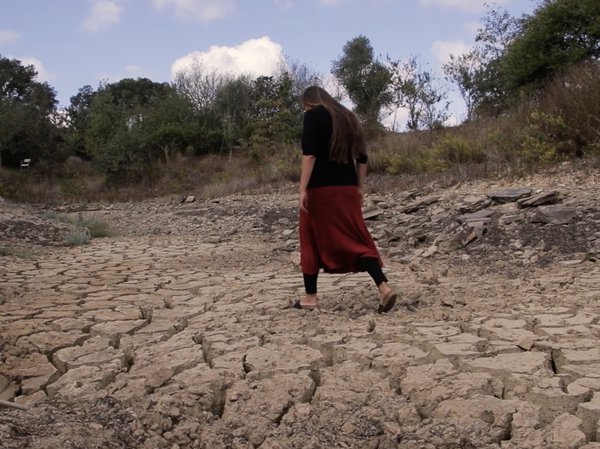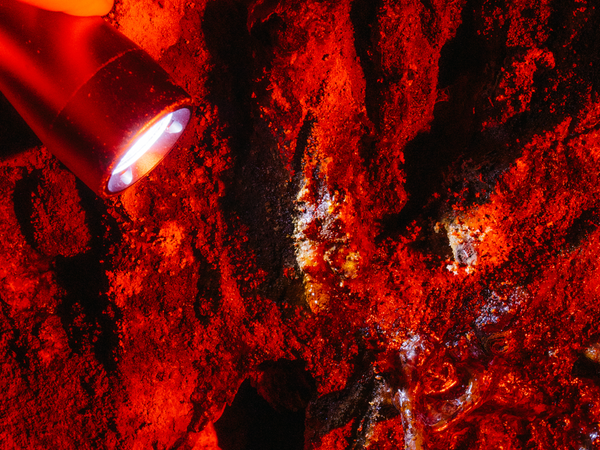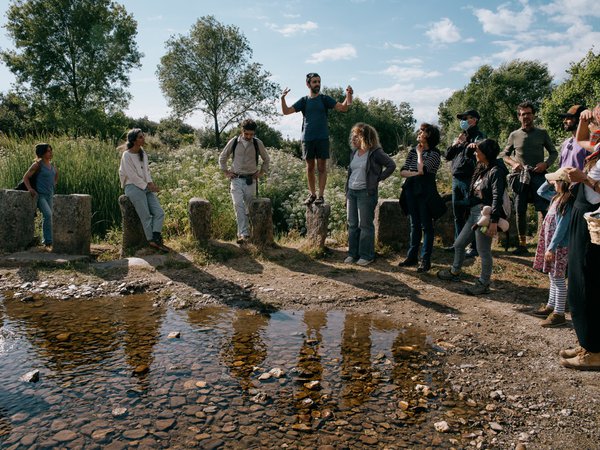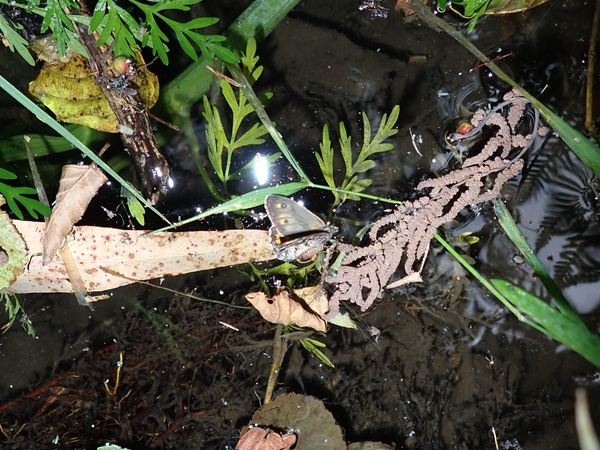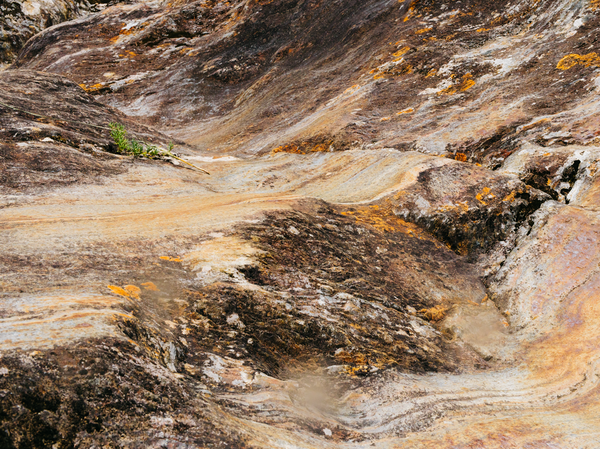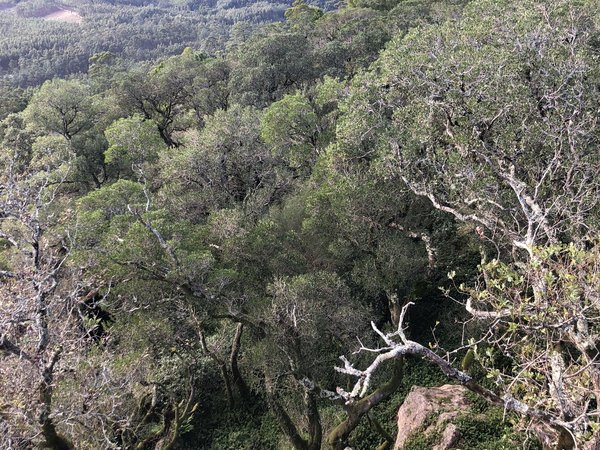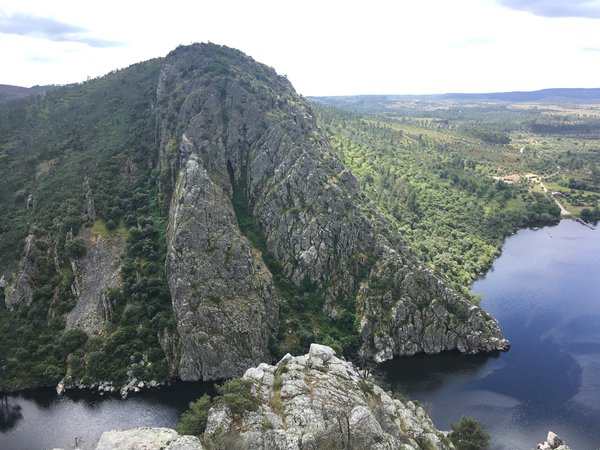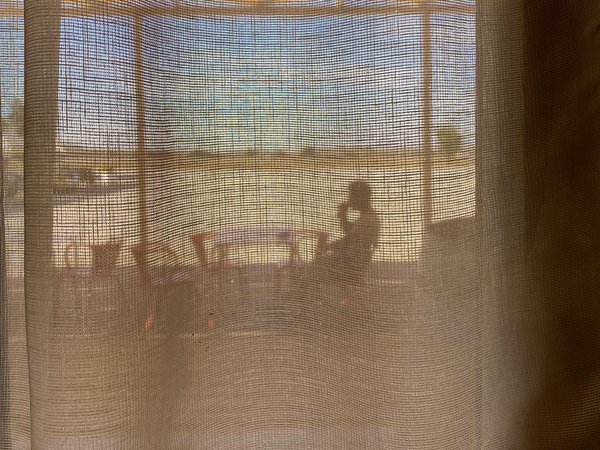This is a past event.
Hacking the mask
Hacking the mask
A partir da nova criação de Marco Martins, este debate hackeia as múltiplas dramaturgias das máscaras. Como médium e palco por excelência da figuração do Outro, as máscaras mostram, escondem e performam profundas tecnologias humanas do jogo. Rosto e máscara diferem e ressoam entre si. Desde as crenças sobrenaturais, as máscaras lidam com o que fascina e é temido, transformando quem as usa em híbridos para além das dicotomias cultura/natureza, animal/humano e verdadeiro/dissimulado. Nesta era digital impulsionada pelo poder dos algoritmos, somos confrontados com avatares, oráculos de Big Data e Deep Fakes que perturbam as nossas crenças. Durante a pandemia do coronavírus, uma multidão parcialmente vestida com máscaras selvagens e roupas rituais invadiu a colina do Capitólio dos Estados Unidos. Devemos temer as configurações contemporâneas de homens selvagens e as reconstituições tribais de máscaras selvagens? Como é que os artistas colocam as máscaras em palco hoje? As máscaras podem desviar, recriar, suspender ou até dissolver a nossa noção de realidade?
MODERAÇÃO
Cíntia Gil
29 MAR 2022
TUE 18:30
Entrada gratuita*
Duration 2h
*com levantamento de bilhete 30 min. antes do início da sessão (sujeito à lotação da sala)
In english
Biografias
Marco Martins
Marco Martins was born in Lisbon in 1972 and has an artistic work that spans the fields of Cinema, Visual Arts and Theater. His films have been presented and awarded at the main International Festivals (Cannes, Venice or Rotterdam). In 2007 founded with Beatriz Batarda the Arena Ensemble, having since then performed regularly on the main national stages and presenting several plays internationally, many of them with specific communities and encompassing professional artists and non-actors.
Charles Fréger
Charles Fréger is a photography artist that has been seeking to establish a collection entitled: “Portraits photographiques et uniformes”. His series devoted to groups of sportsmen, soldiers, or students, taken in Europe and across the world, focuses particularly on what they are wearing, on their uniform. His first series was called “Faire face”, as for him the meeting of the photographer and the model takes the form of a subtle clash so to better appreciate the substance of a being in the world and of its belonging to a social body. Solidarity and team spirit are the motivation for these individuals where the outfit, both the pose and the clothing, embodies “Looking the part” or “Judging by the cover”. But the uniform, static side of the photographic image, the side which aims to neutralise the presence of the photographer to benefit the faithful recording of the subjects, is only apparent. The choice of poses, the detail in the hands or in the lines on the faces, as well as the importance given to the composition of the image restore the intensity of the presence, the adequacy between the person and a universe marked by its codes and its place in a society.
https://www.charlesfreger.com
Dieter Mersch
Dieter Mersch is a philosopher, Prof. em. of the University of the Arts Zurich. Dieter Mersch studied mathematics and philosophy in Cologne, Bochum and Darmstadt. Between 2004-2013 he was Full Professor of Media Theory and head of the PhD Training Program Visibility and Visualisation: Thinking with Images; between 2013-2021 director of the Institute for Critical Theory at Zurich University of the Arts, Switzerland and Prof. for Aesthetic Theory. Recent publications: Ordo ab Chao / Order from Noise, Zürich / Berlin 2013, Epistemologies of Aesthetics, Zürich / Berlin 2015, Manifesto of Artistic Research. A Defense against its Advocates, Zürich / Berlin 2020 (together with Silvia Henke, Nicolaj van der Meulen, Thomas Strässle and Jörg Wiesel) and essays on Media-Philosophy, Art-Theory, Artistic Research, Image-theory, Musicology and Digital Criticism
Alexander Gerner
Alexander Gerner is a dramaturg, theatre-maker, and curator. Gerner research is in philosophy of human technology (PHILHUMTECH) at the Center of Philosophy of Science of the University of Lisbon (CFCUL). He holds a PhD in History and Philosophy of Science. After developing a Philosophy of Cognitive Enhancement, he now investigates interdisciplinary aspects of philosophy of technology, performative techno-anthropology, and dramaturgies of technology, artificial humans, avatars, digital uncanny, radical mimesis and alterity, post-human facialities and digital masks within the research "Hacking Humans: Dramaturgies and Technologies of becoming other" [DL57/2016/CP1479/CT0062]. Hacking is understood as a method by which technology multiplies its energy, by transforming its habitual uses to open new perspectives of interacting with and becoming an “Other”.
Cofinanciado

Co-funded by the Creative Europe Programme of the European Union, following ACT - Art, Climate, Transition project

Curadoria
Alexander Gerner, CFCUL
Parceria
Culturgest, Arena Ensemble, CFCUL
Este evento é cofinanciado pelo Centro de Filosofia das Ciências da Universidade de Lisboa (CFCUL), [FCT UIDB/00678/2020] no âmbito do projeto “Hacking Humans. Dramaturgies and Tecnologies of Becoming Other” [FCT 12343/2018: 2404]





